(To Quoc) - In recent years, cultural heritage has increasingly proven its role as an abundant resource for economic growth and a solid foundation for spiritual life, an environment that nurtures and enriches cultural identity and cultural diversity.
It can be said that 2024 is a year of many milestones in the field of Vietnamese cultural heritage. Along with the effective protection and promotion of cultural heritage values, many cultural heritages have been recognized by UNESCO, and the completion of the legal system on cultural heritage has contributed to creating an important legal corridor, removing difficulties and obstacles and moving towards transforming cultural assets into development resources. In recent years, cultural heritage has increasingly proven its role as an abundant resource for economic growth and a solid foundation for spiritual life, an environment that nurtures and enriches cultural identity and cultural diversity.
Law on Cultural Heritage - important highlights
According to the Department of Cultural Heritage (Ministry of Culture, Sports and Tourism), currently, nationwide there are more than 40,000 relics and nearly 70,000 intangible cultural heritages inventoried, 16 intangible cultural heritages have been listed by UNESCO in the list of Representative Intangible Cultural Heritage of Humanity and Intangible Cultural Heritage in Need of Urgent Protection...
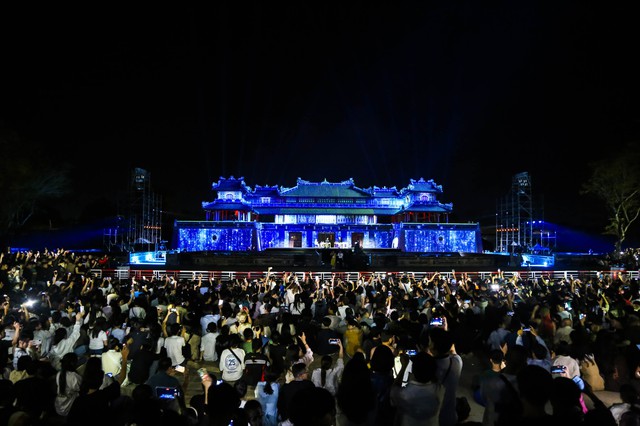
Cultural heritage increasingly affirms its important role and position in social life, directly contributing to the socio-economic development of localities where the heritage is located.
In 2024, Vietnam will have two more heritages recognized by UNESCO: the reliefs on nine bronze cauldrons in the Hue Imperial Palace were included in the List of Documentary Heritage of the Asia-Pacific region and the Festival of Lady Chua Xu at Sam Mountain (An Giang) was included in the List of Intangible Cultural Heritage of Humanity.
Along with that, in 2024, the Ministry of Culture, Sports and Tourism added 86 intangible cultural heritages to the National Intangible Cultural Heritage List, thereby increasing the total number of national intangible cultural heritages in the country to 620.
Submit to the Government for promulgation Decree No. 39/2024/NDCP dated April 16, 2024 stipulating measures for management, protection and promotion of intangible cultural heritage values in UNESCO Lists and the National List of Intangible Cultural Heritage. Develop 06 Circulars and draft documents detailing the Law on Cultural Heritage. On May 8, 2024, at the 10th session held in Ulan Bator City (Mongolia), "The reliefs on 9 bronze cauldrons in the Hue Imperial Palace" were inscribed in the UNESCO List of Documentary Heritage of the Asia-Pacific region.
Submit to the Prime Minister: Decision to rank 09 special national relics (phase 15, phase 16); recognition of national treasures (phase 12, 2023) for 29 artifacts and groups of artifacts; approval of 02 Plans for preservation, restoration and rehabilitation of special national historical and architectural-artistic relics, 04 Tasks to develop a Plan for preservation, restoration and rehabilitation of special national relics; approval of the Task to develop a Plan for preservation, restoration and rehabilitation of Ha Long Bay Scenic Landscape in the period 2021-2030, with a vision to 2050; Plan for preservation, restoration, rehabilitation and promotion of the value of the special national relic of Phat Tich Pagoda, Bac Ninh province; Decision to rank 32 national relics; issuance of 30 decisions on archaeological exploration and excavation for provinces and cities; put 86 intangible cultural heritages into the National Intangible Cultural Heritage List (The whole country has 620 intangible cultural heritages included in the National Intangible Cultural Heritage List); ranked 02 museums as Grade I; announced 02 Vietnam Standards Projects "Cultural heritage and related issues - general terms and definitions" and "Conservation of cultural heritage - Guidelines and procedures for selecting appropriate lighting for indoor displays".
In particular, on November 23, 2024, at the 8th Session, the 15th National Assembly officially passed the Law on Cultural Heritage. According to Deputy Minister of Culture, Sports and Tourism Hoang Dao Cuong, the 2024 Law on Cultural Heritage has overcome the shortcomings of the current legal system, supplemented new regulations to solve problems arising in practice. At the same time, the Law contributes to positioning local and national brands and promoting the image of the country and people of Vietnam in the international arena, affirming the position of Vietnamese cultural heritage in the treasure trove of human cultural heritage.
An important highlight of the Law on Cultural Heritage is the policy of decentralization and stronger delegation of power to local authorities in managing, protecting and promoting heritage values. This policy creates conditions for localities to better promote their role as "real owners" of heritage where it is present.
According to Associate Professor, Dr. Bui Hoai Son - Standing Member of the National Assembly's Committee on Culture and Education, the 2024 Law on Cultural Heritage sets out a longer-term vision, not only protecting traditional cultural values, but also positioning Vietnamese cultural heritage on the world map.
Heritage contributes to economic development
According to Associate Professor, Dr. Le Thi Thu Hien (Director of the Department of Cultural Heritage - Ministry of Culture, Sports and Tourism), these cultural heritages not only meet the spiritual needs of the people, contributing to affirming national pride, but also are a resource for socio-economic development, especially in the current period, contributing to affirming the position and cultural identity of Vietnam with world culture.
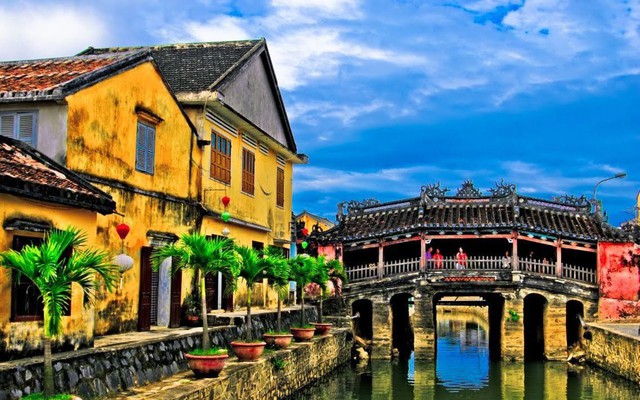
Cultural heritages, especially world heritages in Vietnam, have great potential to contribute to promoting sustainable local economic development, poverty reduction and improving sustainable livelihoods of local communities.
"Cultural heritage holds a leading position in the cause of building and developing an advanced Vietnamese culture imbued with national identity. The achievements of the cause of protecting and promoting the value of cultural heritage in recent times are vivid realities, affirming the position of Vietnamese culture as both the goal and driving force of the development process" - Ms. Le Thi Thu Hien shared.
Practice has proven that cultural heritage has increasingly affirmed its important role and position in social life, directly contributing to the socio-economic development of localities where the heritage is located. In terms of economy, cultural heritages, especially world heritages in Vietnam, have great potential in contributing to promoting sustainable local economic development, poverty reduction and improving sustainable livelihoods of local communities. The economic benefits of Vietnam's world heritage sites today are mostly through tourism activities and services for visitors to visit and research in and around the world heritage sites.
The Hue Monuments Conservation Center in 2024 recorded a continued growth in the number of visitors to Hue Heritage, with revenue from ticket sales higher than the previous year. The total number of visitors reached more than 2.7 million (up 19.14% over the same period in 2023). This is also the year with the largest revenue ever with a total revenue of VND 422,238 billion (up 18.63% over the same period in 2023, up 66.3 billion); reaching 132% of the state-assigned plan. The amount paid to the state budget in 2024 is VND 245,730 billion.
For Hoi An, in 2024, the total number of visitors will reach more than 4.4 million (96% of the plan). Of which, international visitors are estimated to reach more than 3.5 million (up 11.4% over the same period). The total number of visitors buying tickets will reach more than 3.5 million (94.6% of the plan). The total number of guests staying is estimated at 1.87 million. Room occupancy rate is 46.8%. Total revenue of the entire tourism industry is estimated at VND 5,231 billion. Average income per capita is VND 64.4 million/year.
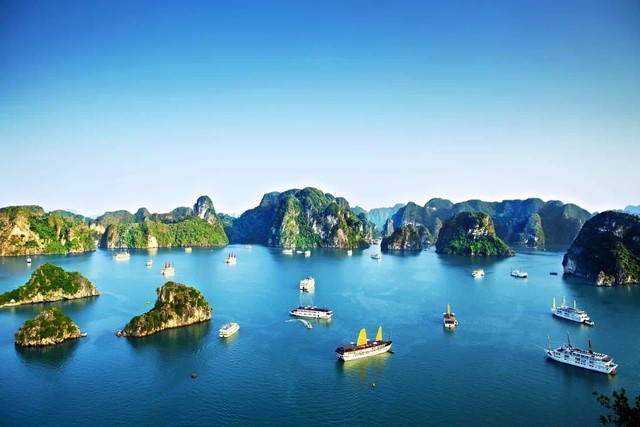
The heritage sector continues to study and propose the possibility of Vietnam joining the 2001 UNESCO Convention on the Protection of Underwater Cultural Heritage and the UNIDROIT Convention to promote and improve the content of state management on the protection of underwater cultural heritage.
To preserve and promote heritage values, so that heritage can effectively contribute to the development of economic and social life, according to Deputy Minister Hoang Dao Cuong, in the coming time, it is necessary to Organize the effective implementation of the 2024 Law on Cultural Heritage after the Law comes into effect; effectively implement the programs approved by the Prime Minister: "Program for preserving and promoting the sustainable values of Vietnamese cultural heritage, period 2021-2025"; "Program for digitizing Vietnamese cultural heritage, period 2021-2030".
In addition, continue to coordinate and guide provinces/cities to develop and complete scientific dossiers to request UNESCO to recognize and register cultural heritages on UNESCO Lists; Appraise the tasks of planning, planning for preservation, restoration, rehabilitation and promotion of the value of special national relics and submit them to the Prime Minister for approval as a basis for implementing projects and works to protect and promote the value of cultural heritages and works to promote socio-economic development and tourism development of localities; Coordinate with international agencies and organizations to develop a list of valuable relics and antiquities of Vietnamese origin currently scattered abroad. Gradually propose plans to recover, purchase and bring these relics and antiquities back to the country according to the 1970 Convention on Measures to Prohibit the Import, Export and Illicit Transfer of Ownership of Cultural Property; Research and propose the possibility of Vietnam joining the 2001 UNESCO Convention on the Protection of Underwater Cultural Heritage and the UNIDROIT Convention to promote and improve state management of underwater cultural heritage protection and search for and repatriation of relics and antiquities of Vietnamese origin.
Along with that, it is necessary to strengthen propaganda, promotion, and raise awareness of the whole society for the cause of protecting and promoting cultural heritage; strengthen the socialization of activities to protect and promote the value of cultural heritage associated with tourism development and promote digital transformation, apply information technology in the activities of documenting the document system and building a national database on cultural heritage.../.
Source: https://toquoc.vn/chuyen-hoa-di-san-van-hoa-thanh-nguon-luc-phat-trien-20250123111813526.htm



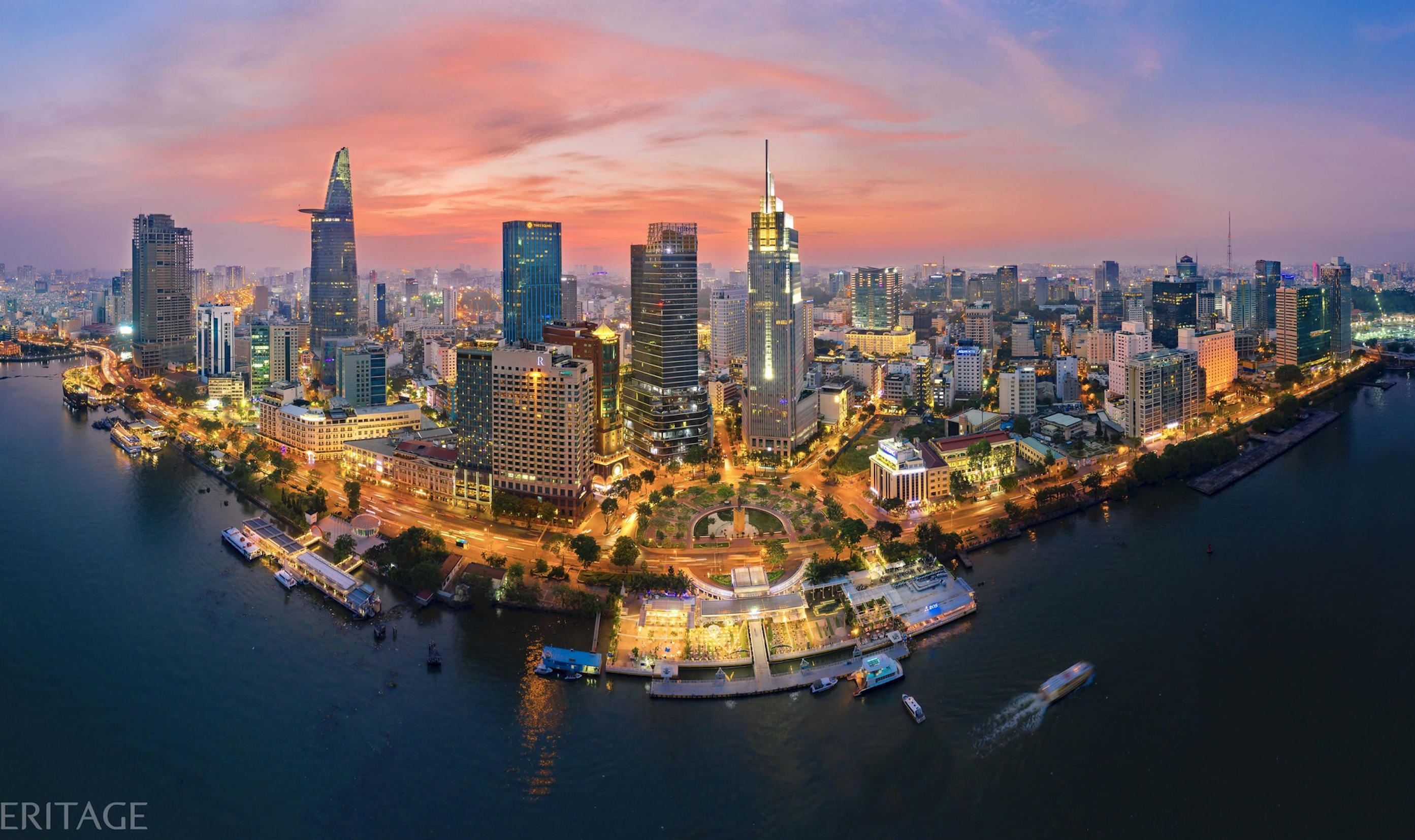

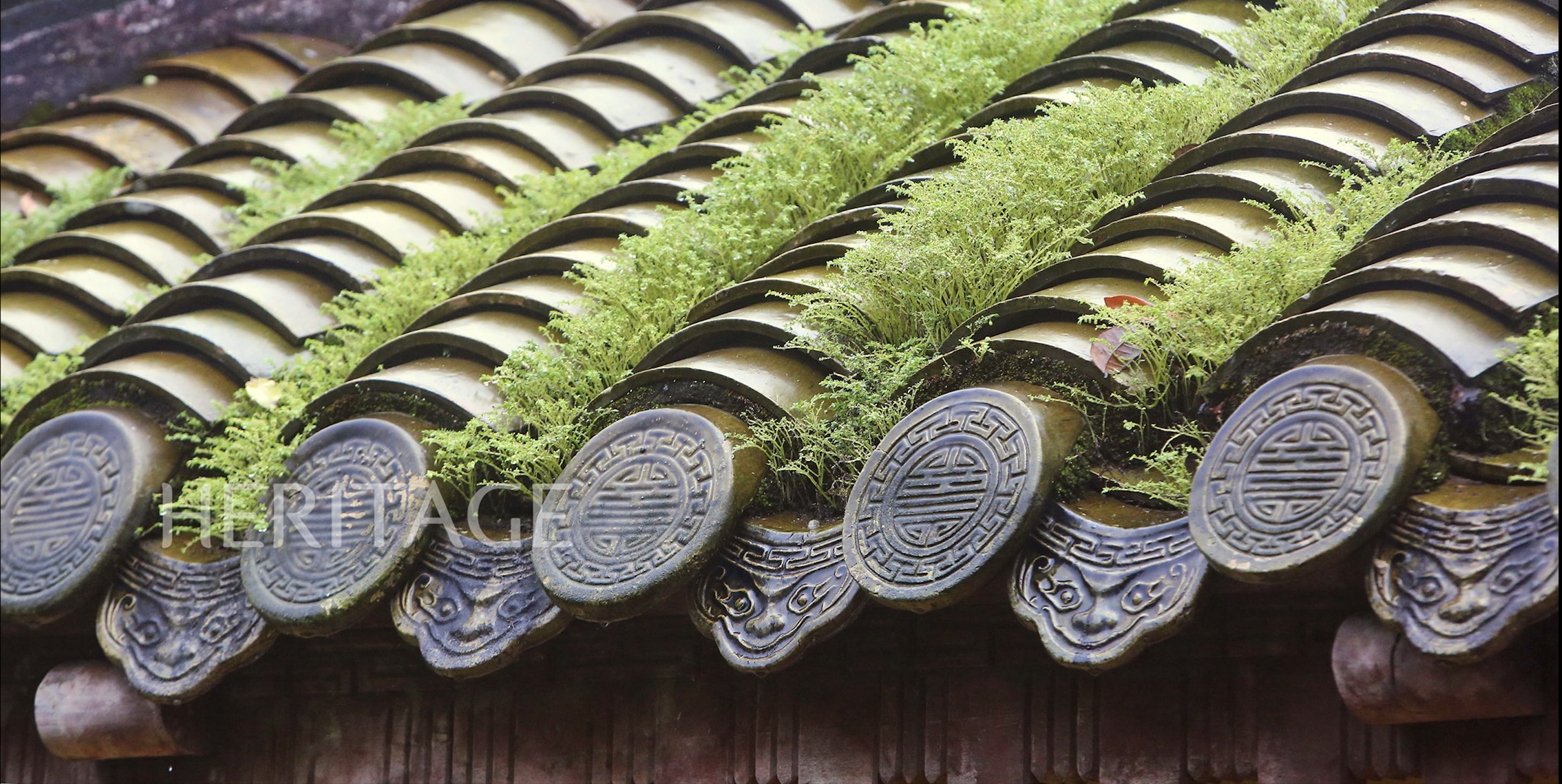
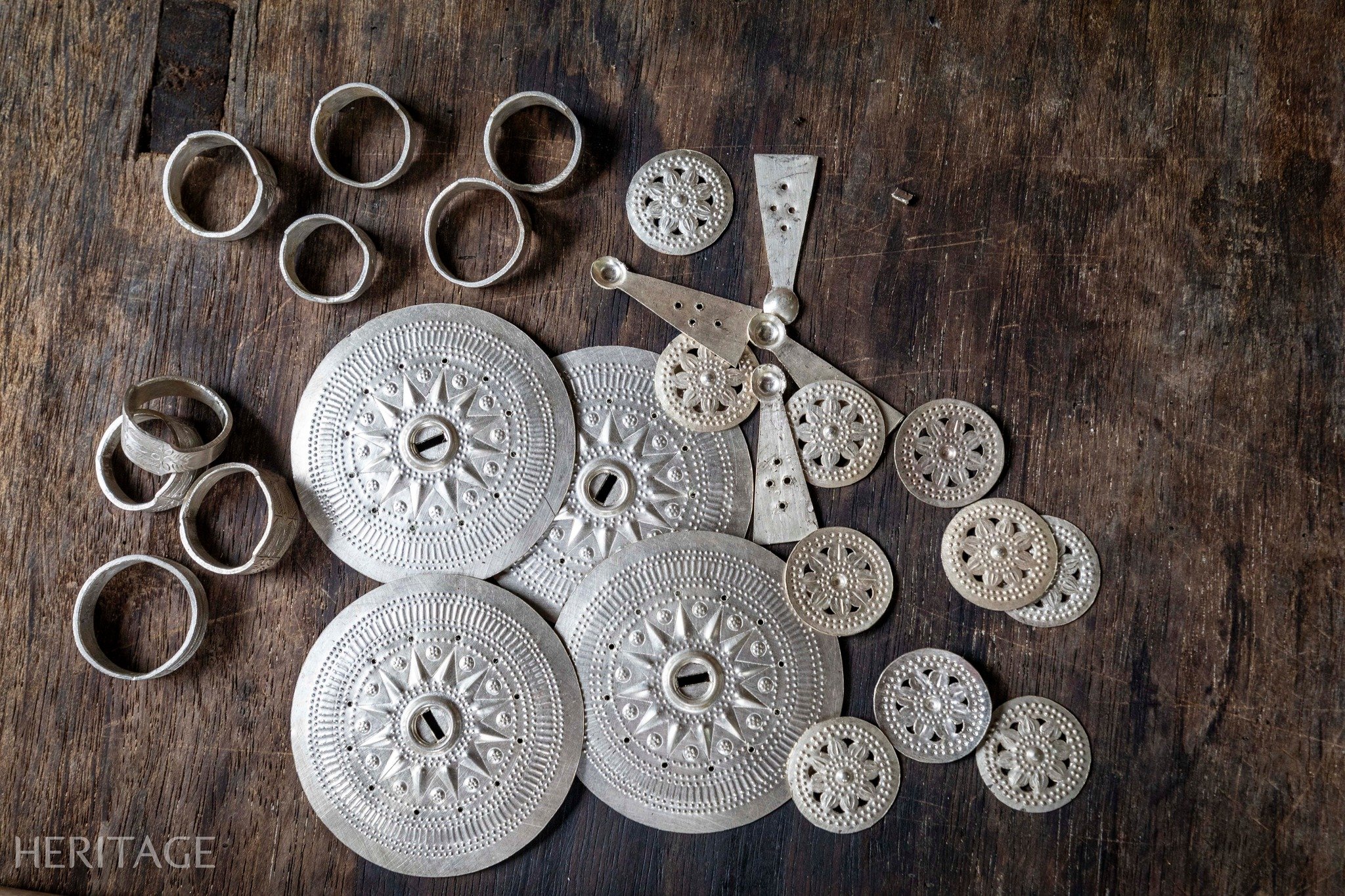
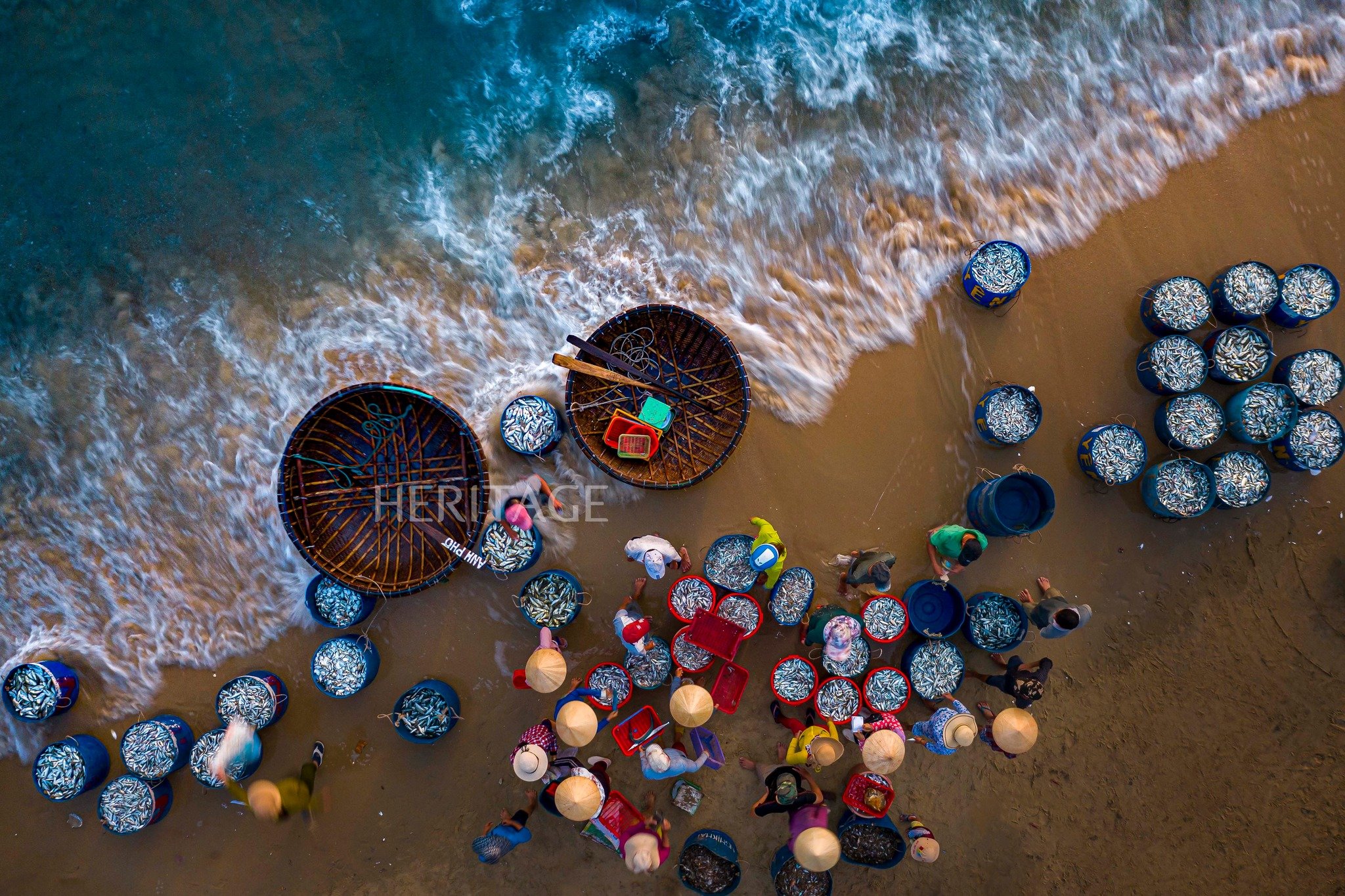


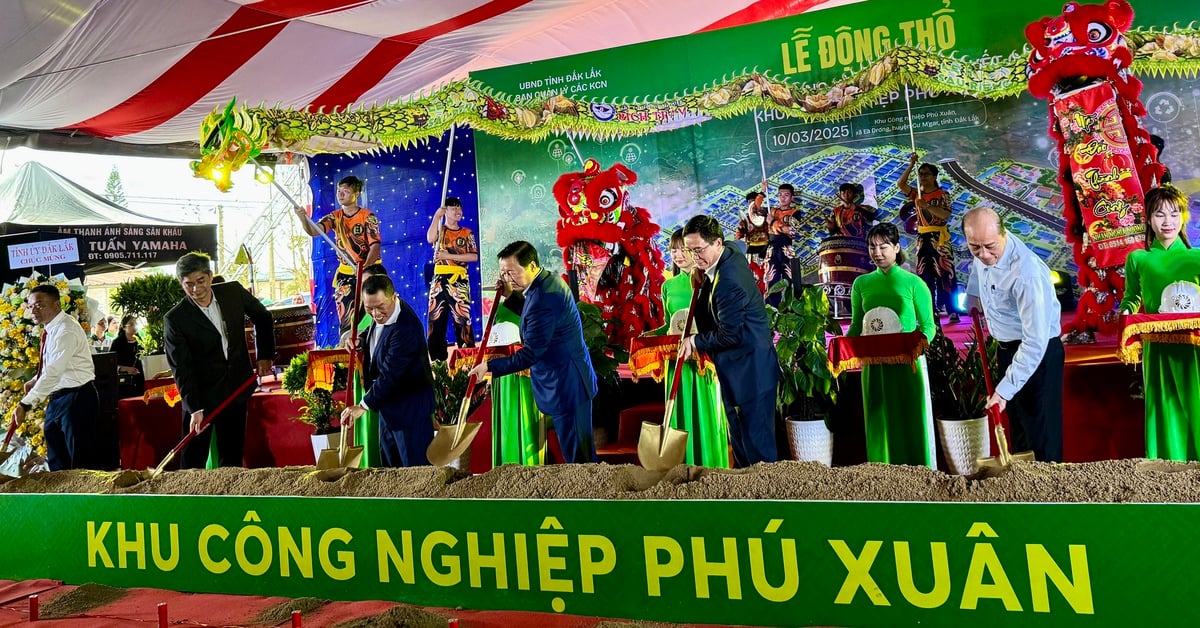










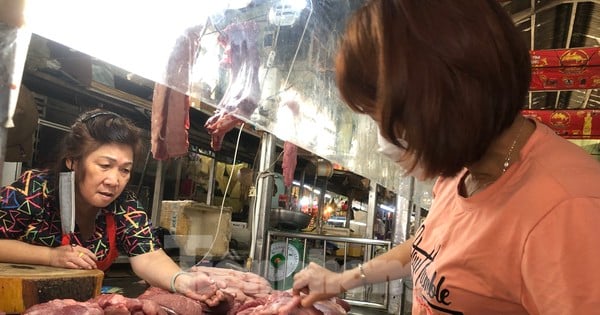

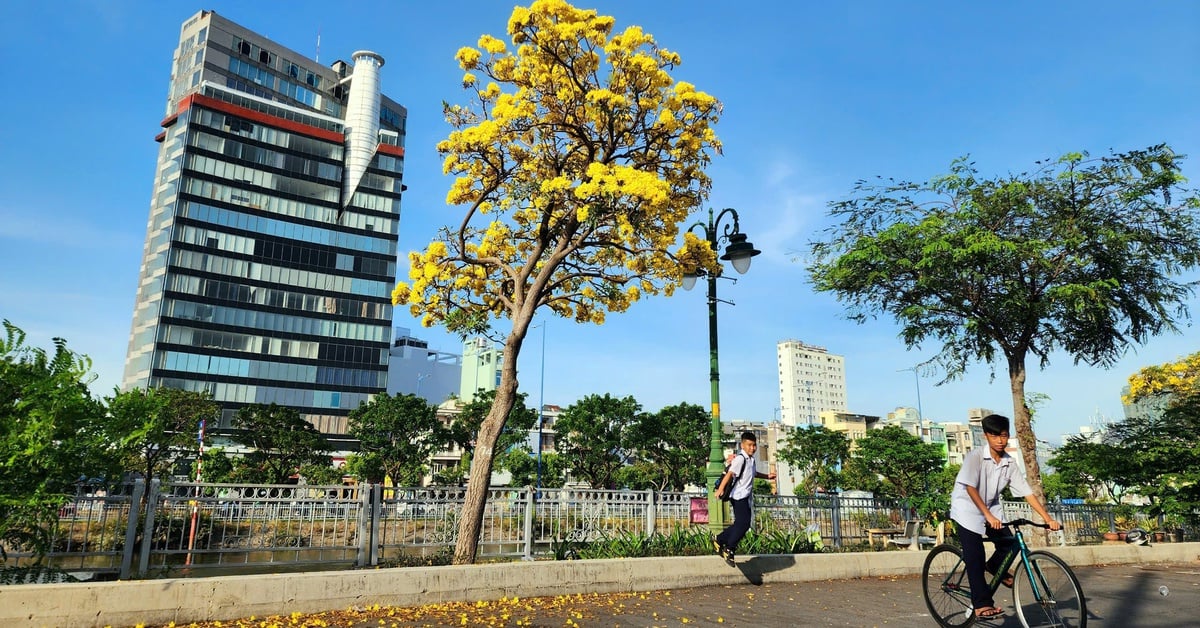



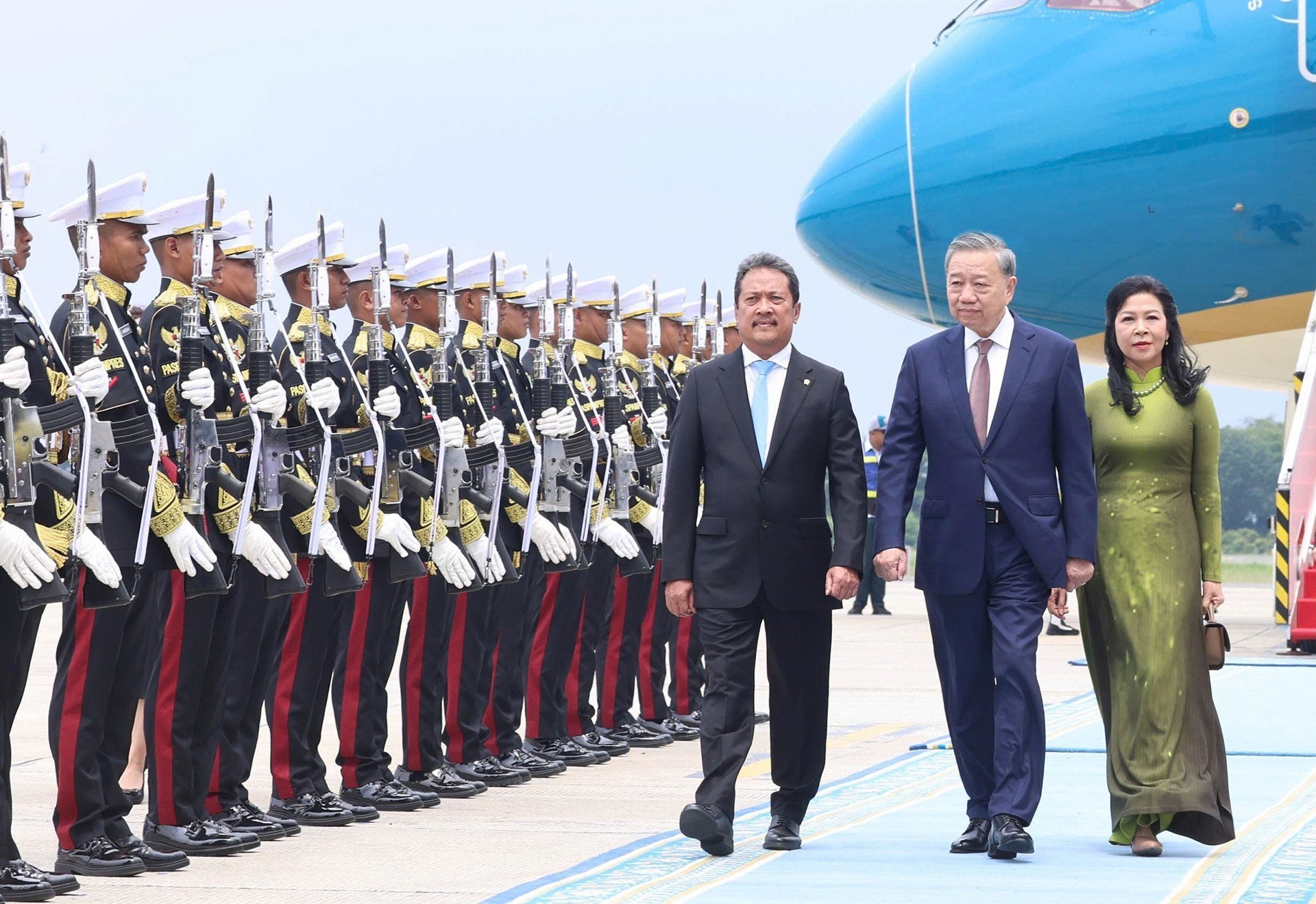



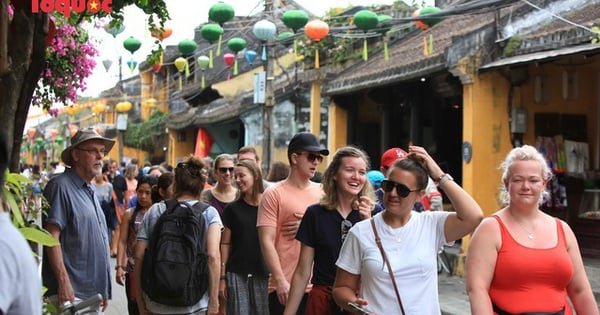




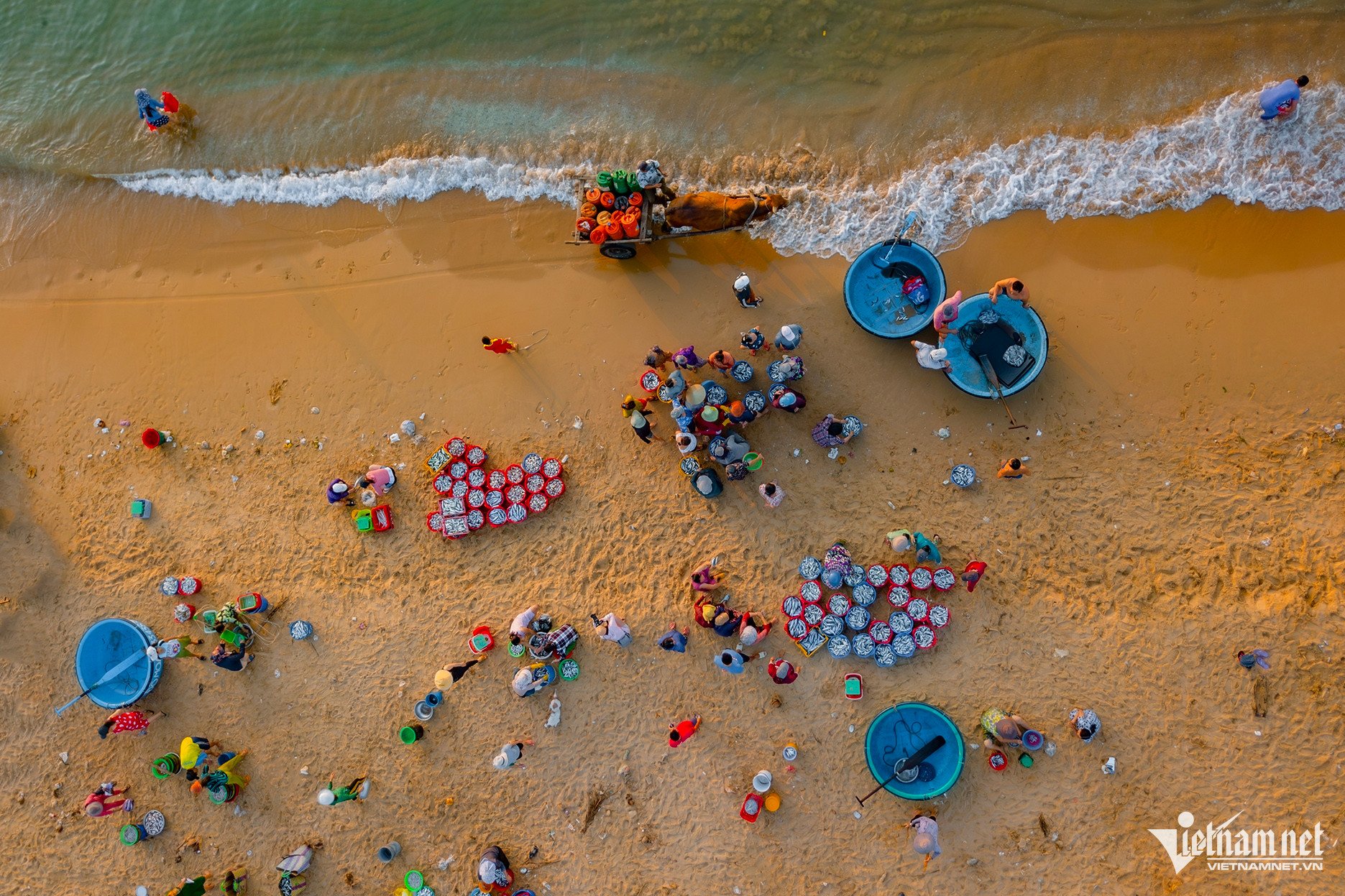

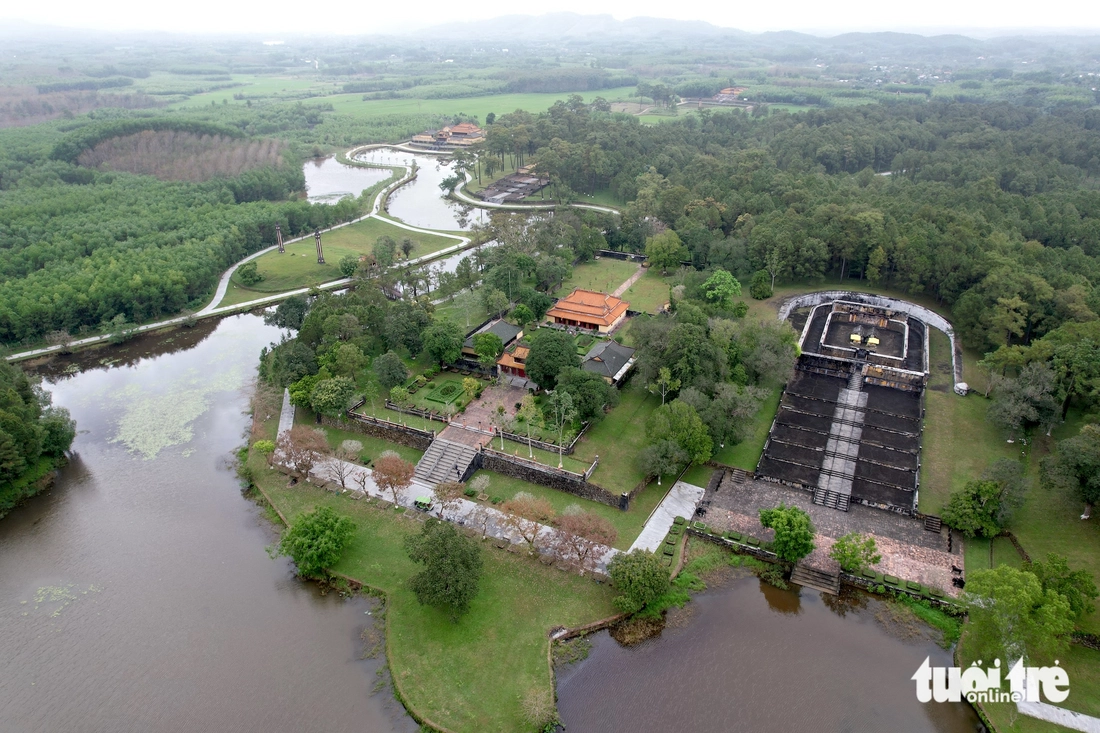
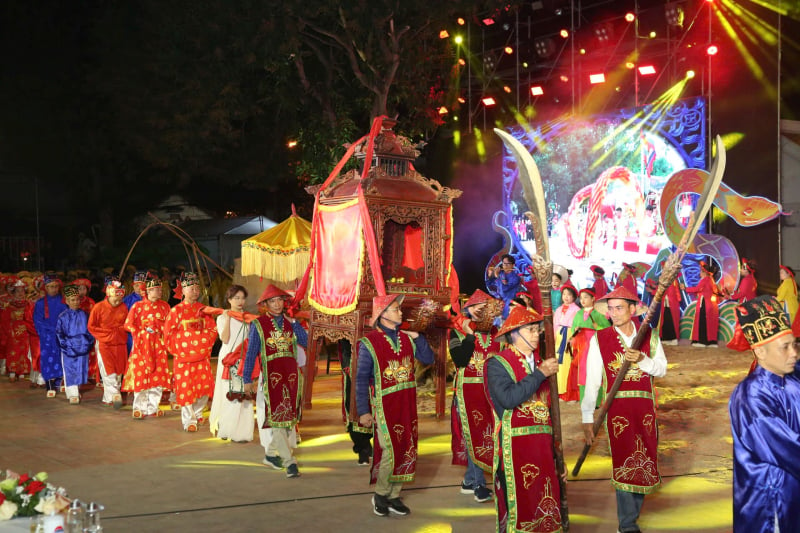

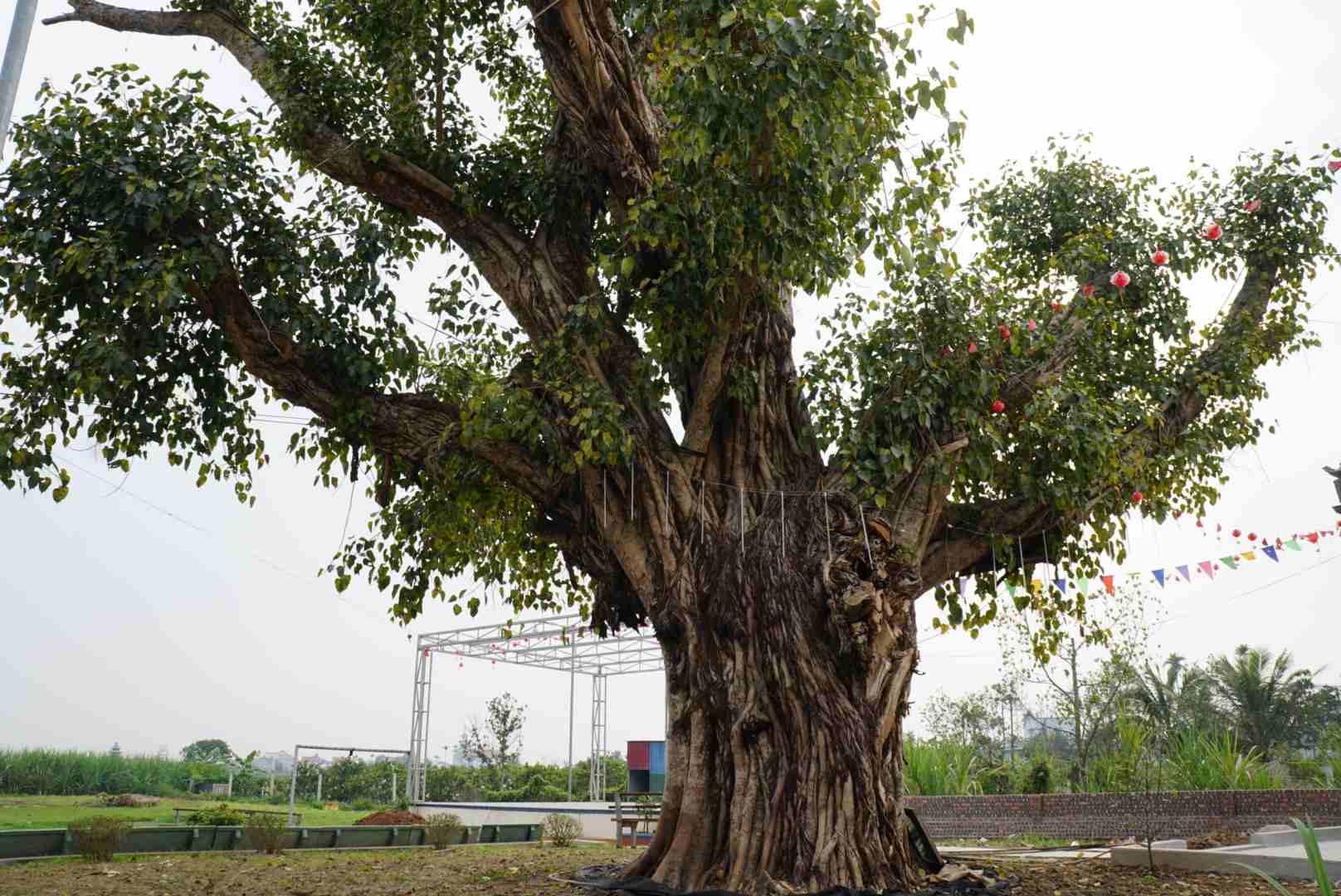



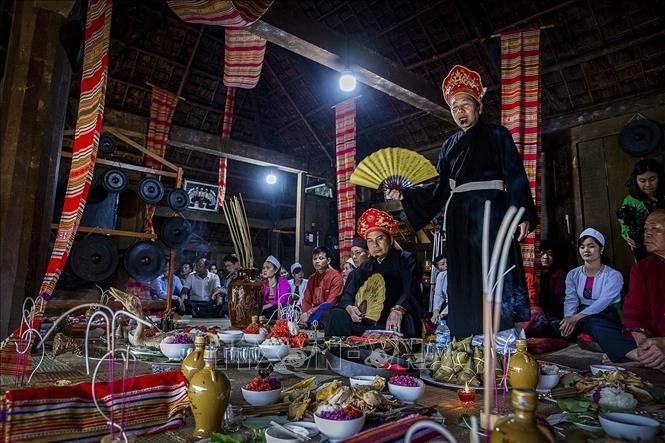

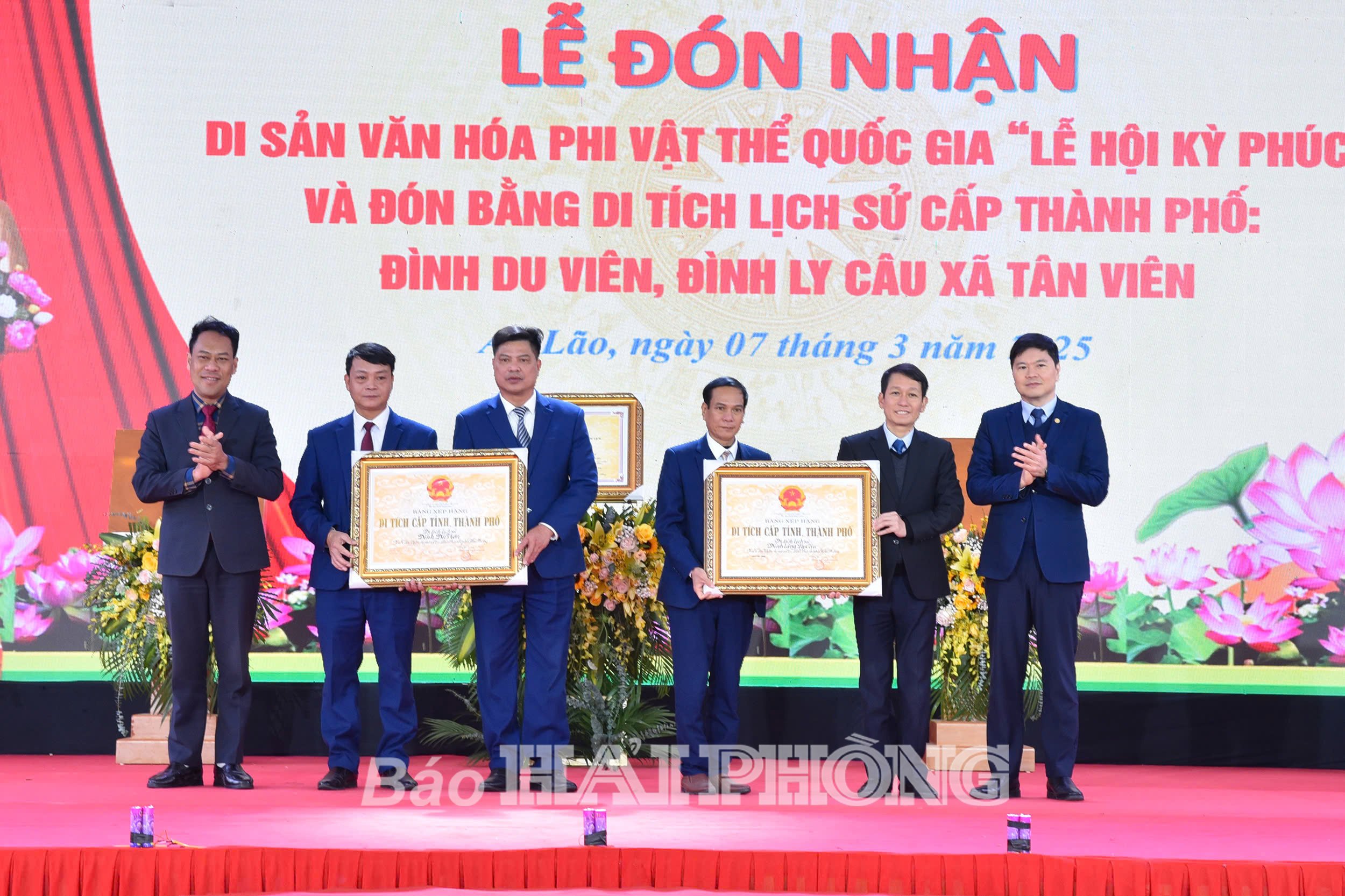




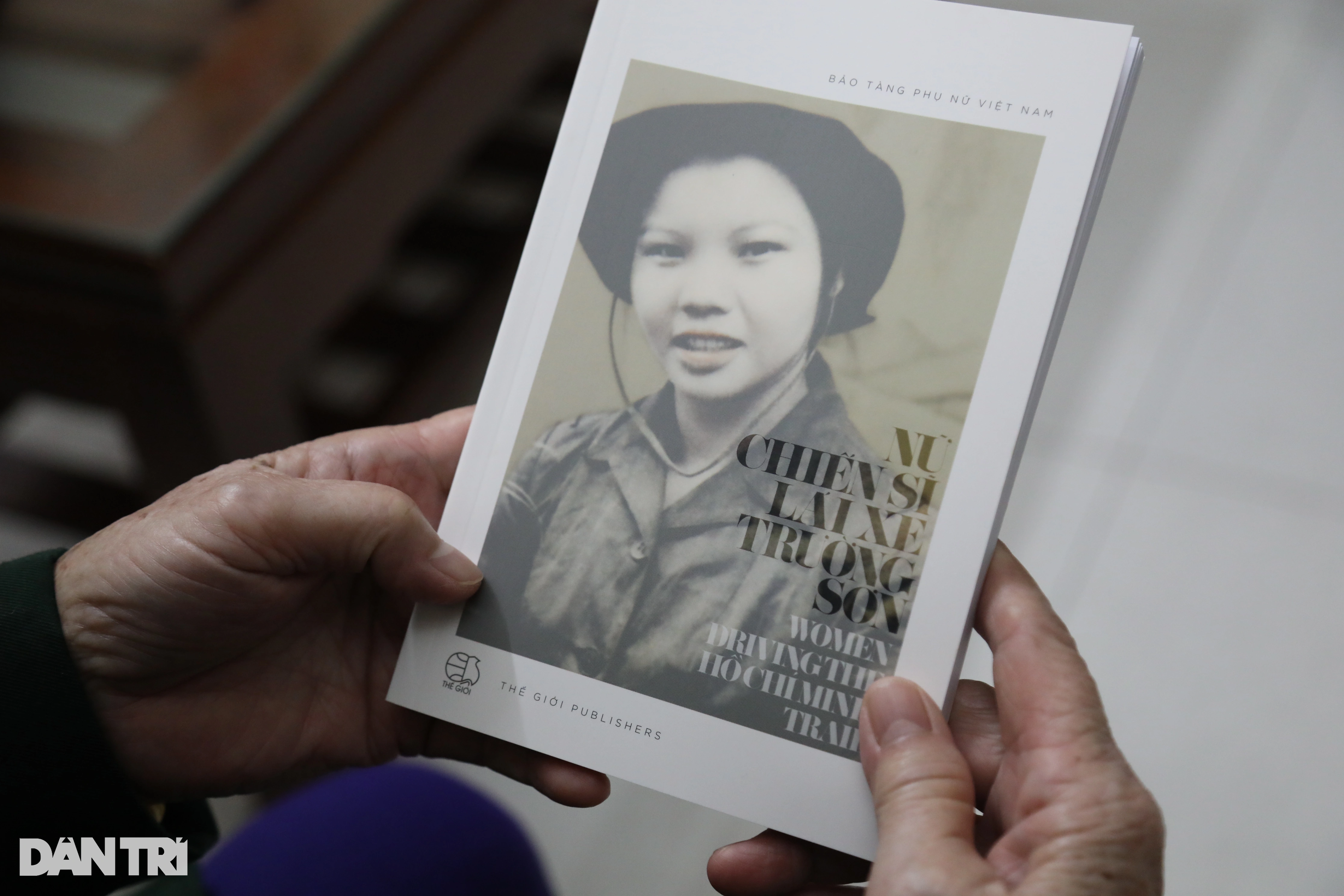
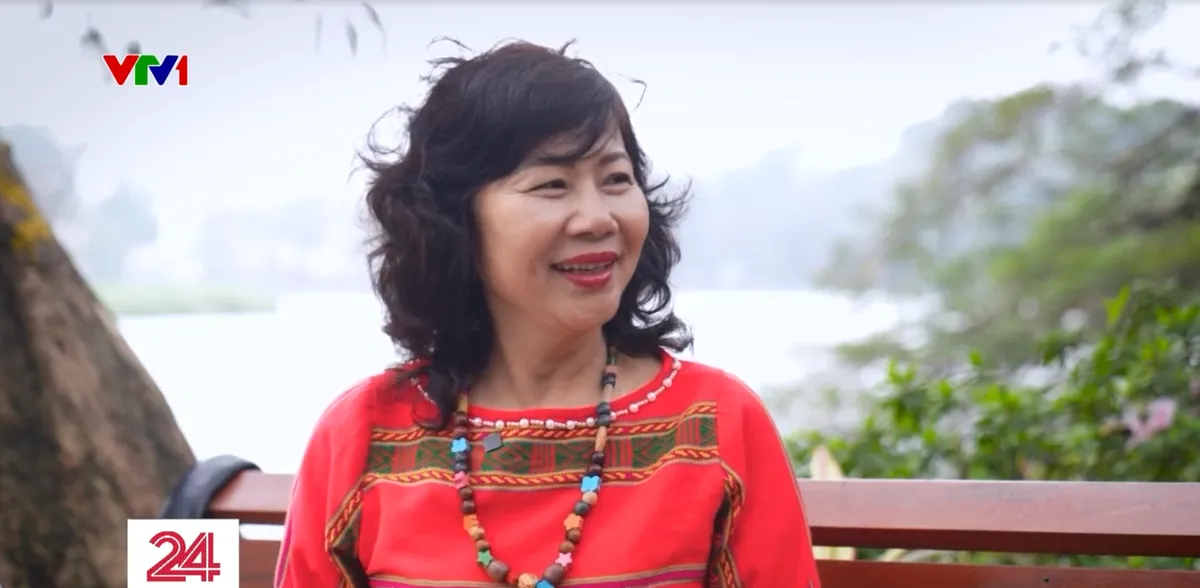









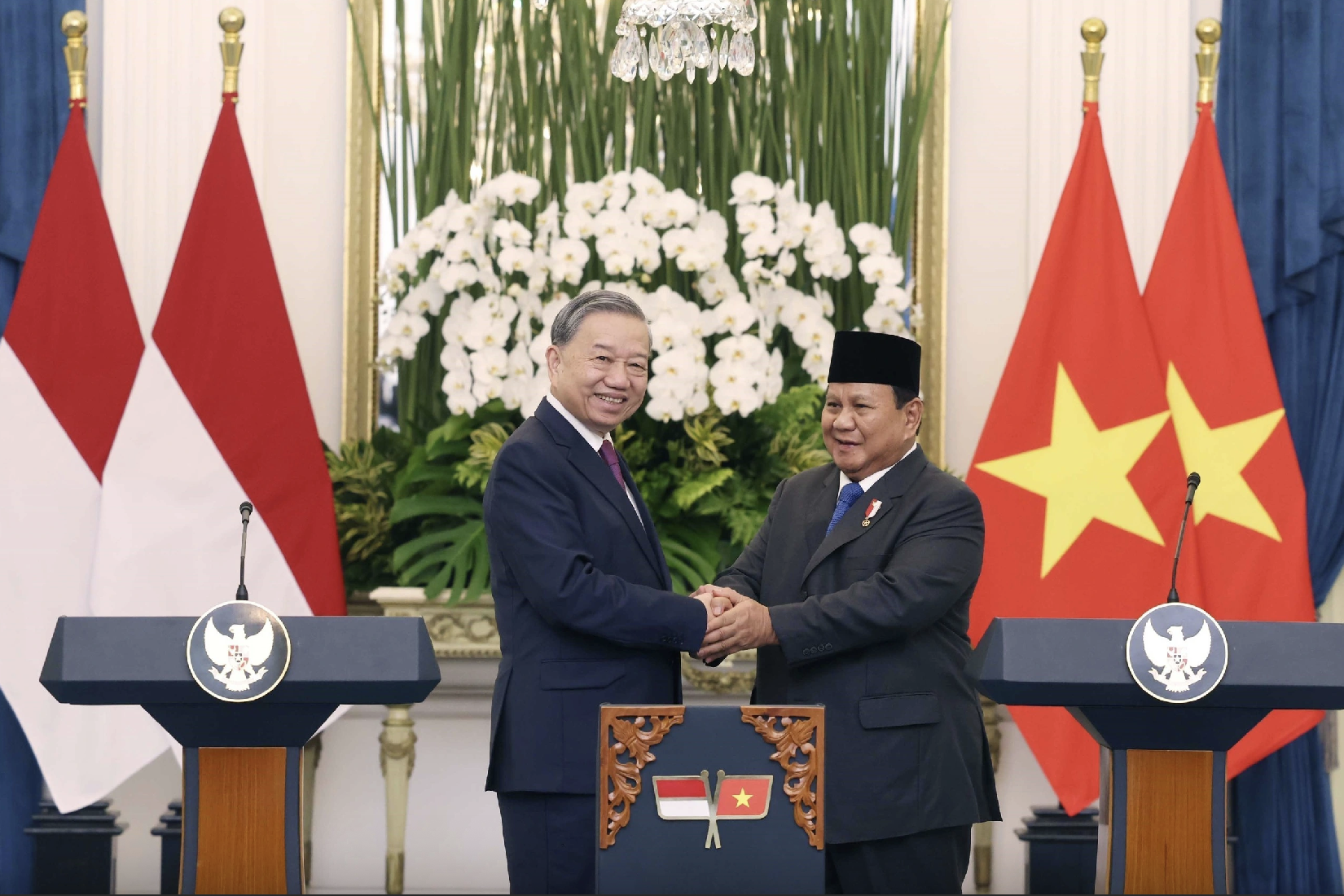
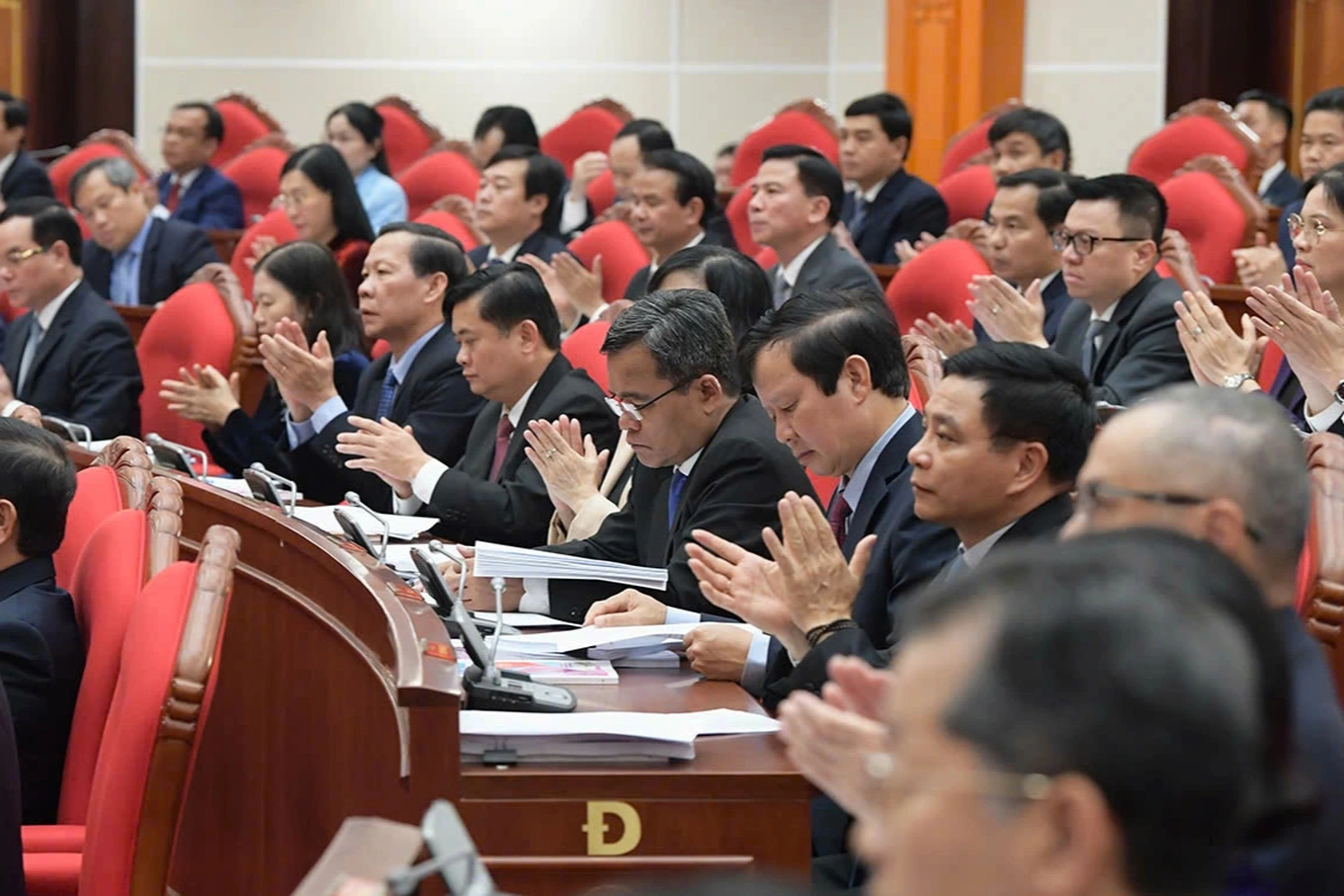
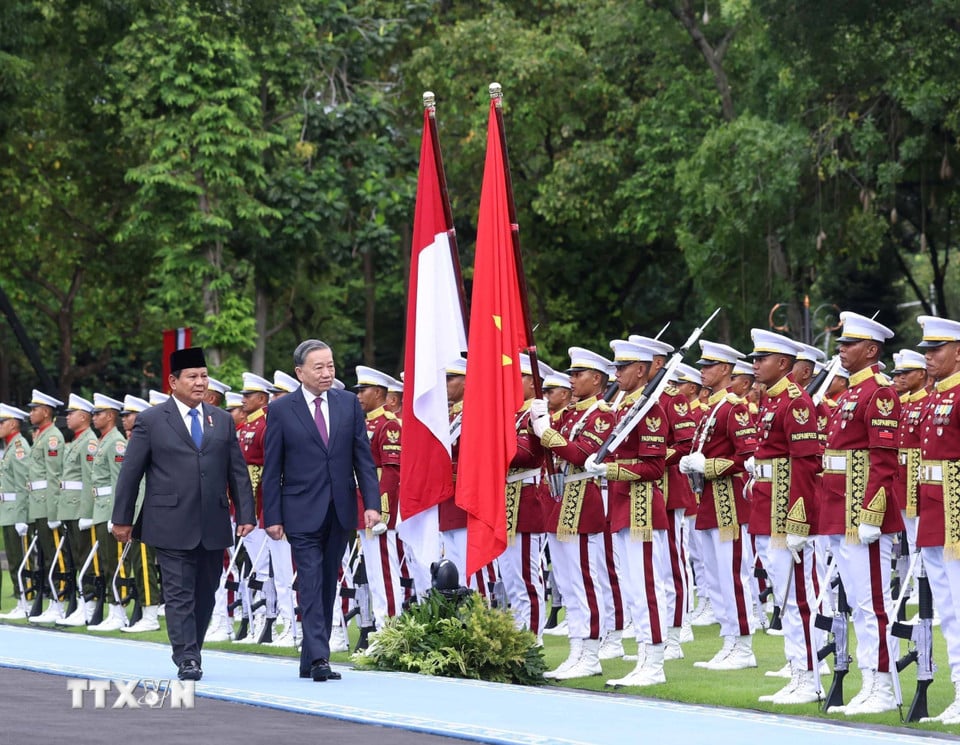
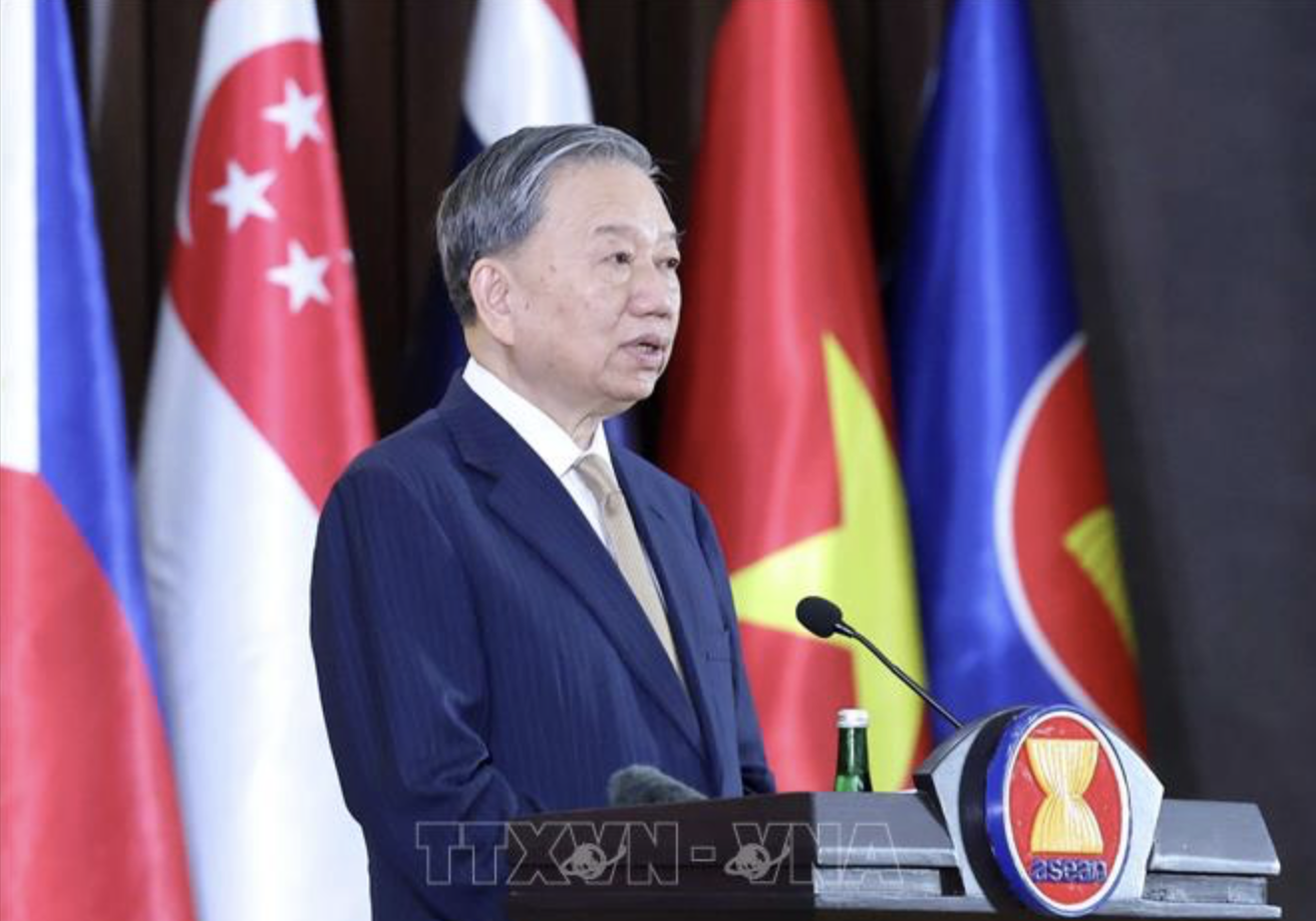



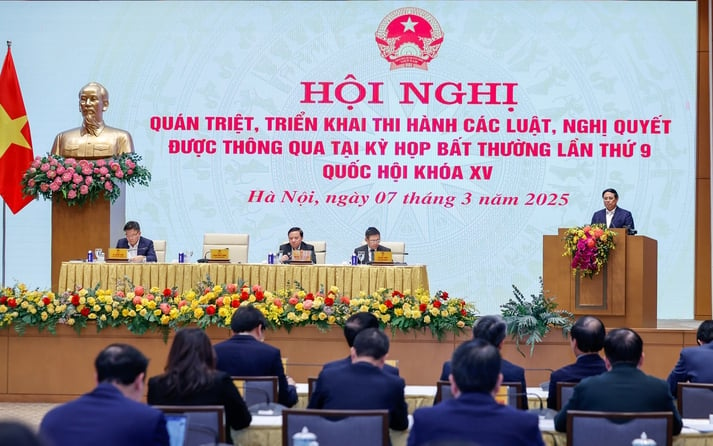

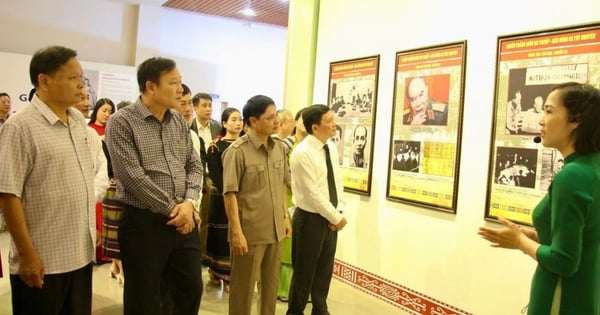
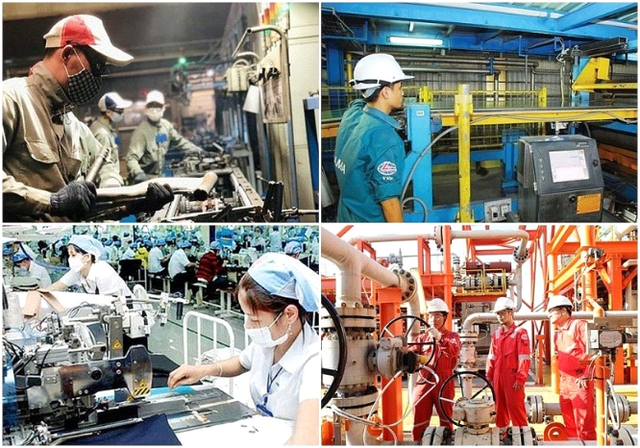

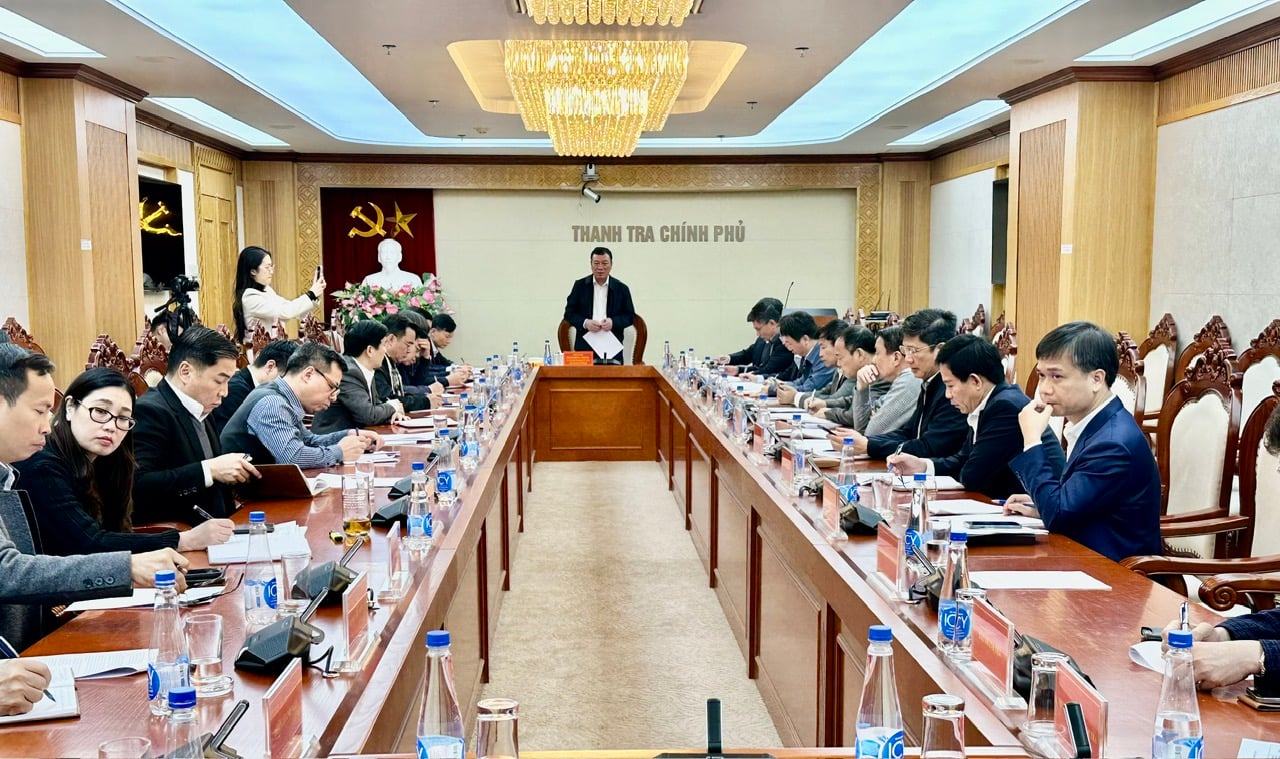


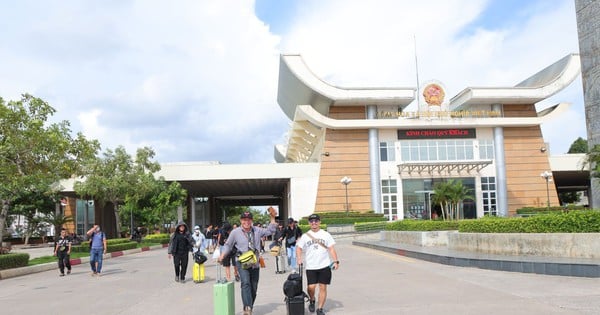






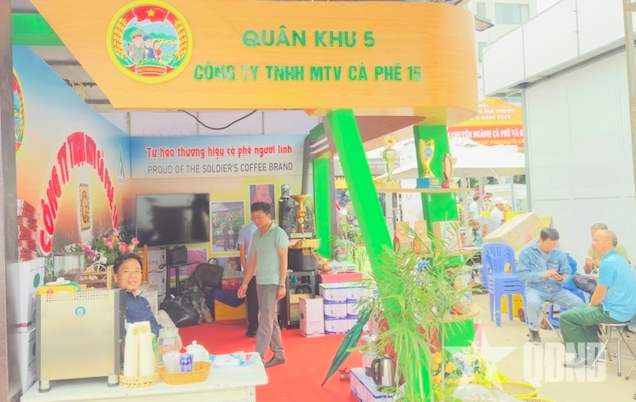


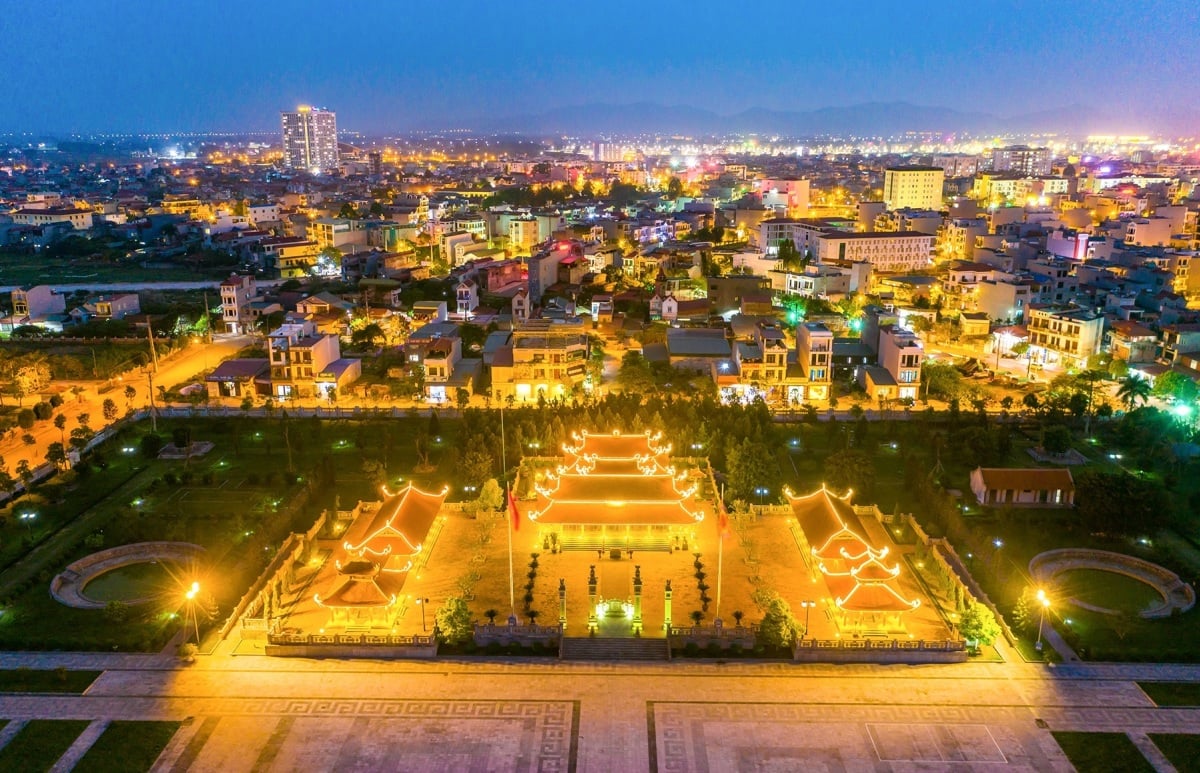
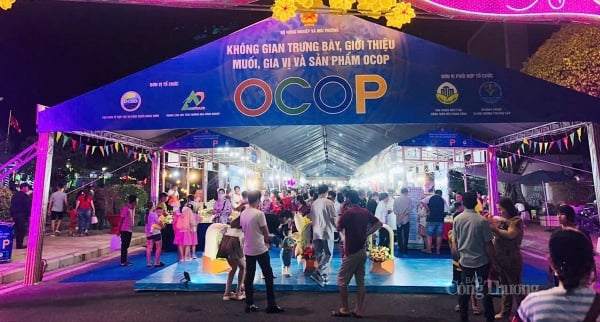
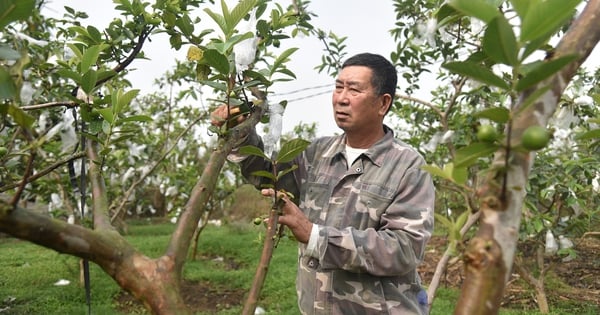

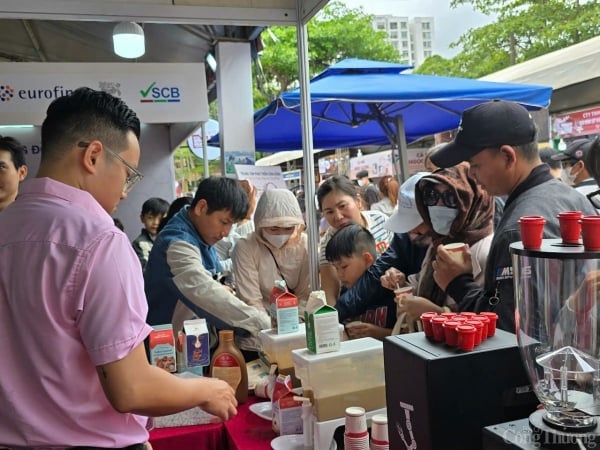

Comment (0)